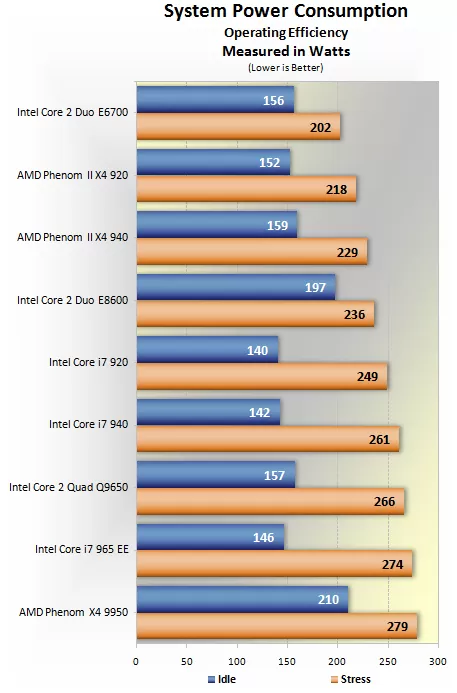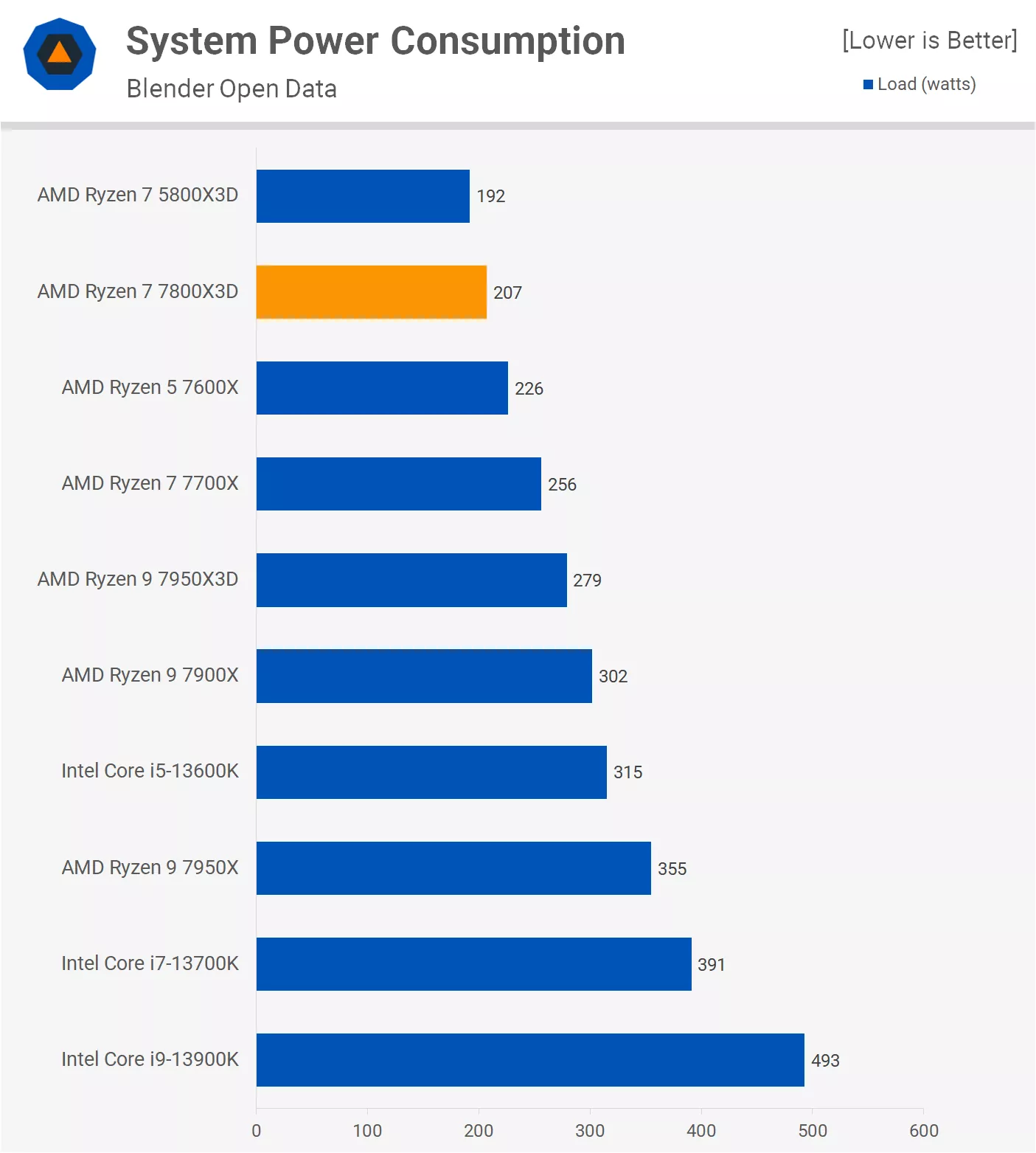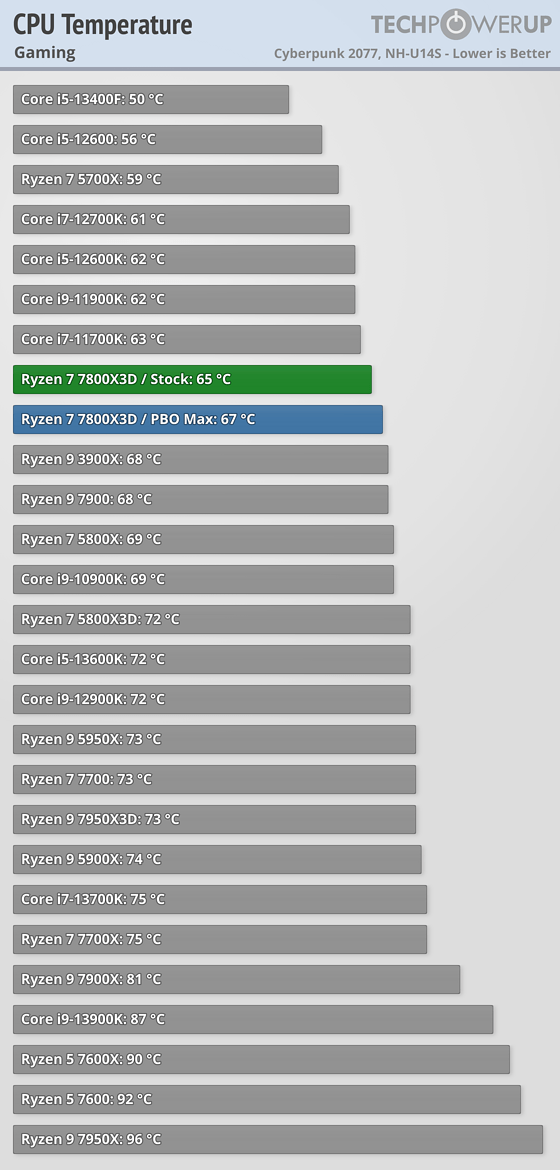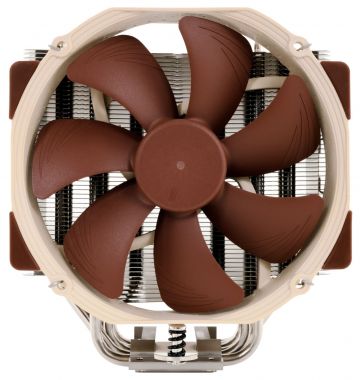Why does most reviews say that the 7800X3D requires water cooling for optimal performance?
Does it mean we wont get optimal performance from the 7800X3D in a case optimized for air cooling with a cooler similar to or better than the Noctua NH-D15 / NH-D15S?
If so, how much performance do we lose? Will we get stuttering in some games? What are the drawbacks of using air cooling with the 7800X3D?
Have you tested or do you have a link to a test that compares water cooling and air cooling for the 7800X3D?
Does it mean we wont get optimal performance from the 7800X3D in a case optimized for air cooling with a cooler similar to or better than the Noctua NH-D15 / NH-D15S?
If so, how much performance do we lose? Will we get stuttering in some games? What are the drawbacks of using air cooling with the 7800X3D?
Have you tested or do you have a link to a test that compares water cooling and air cooling for the 7800X3D?









